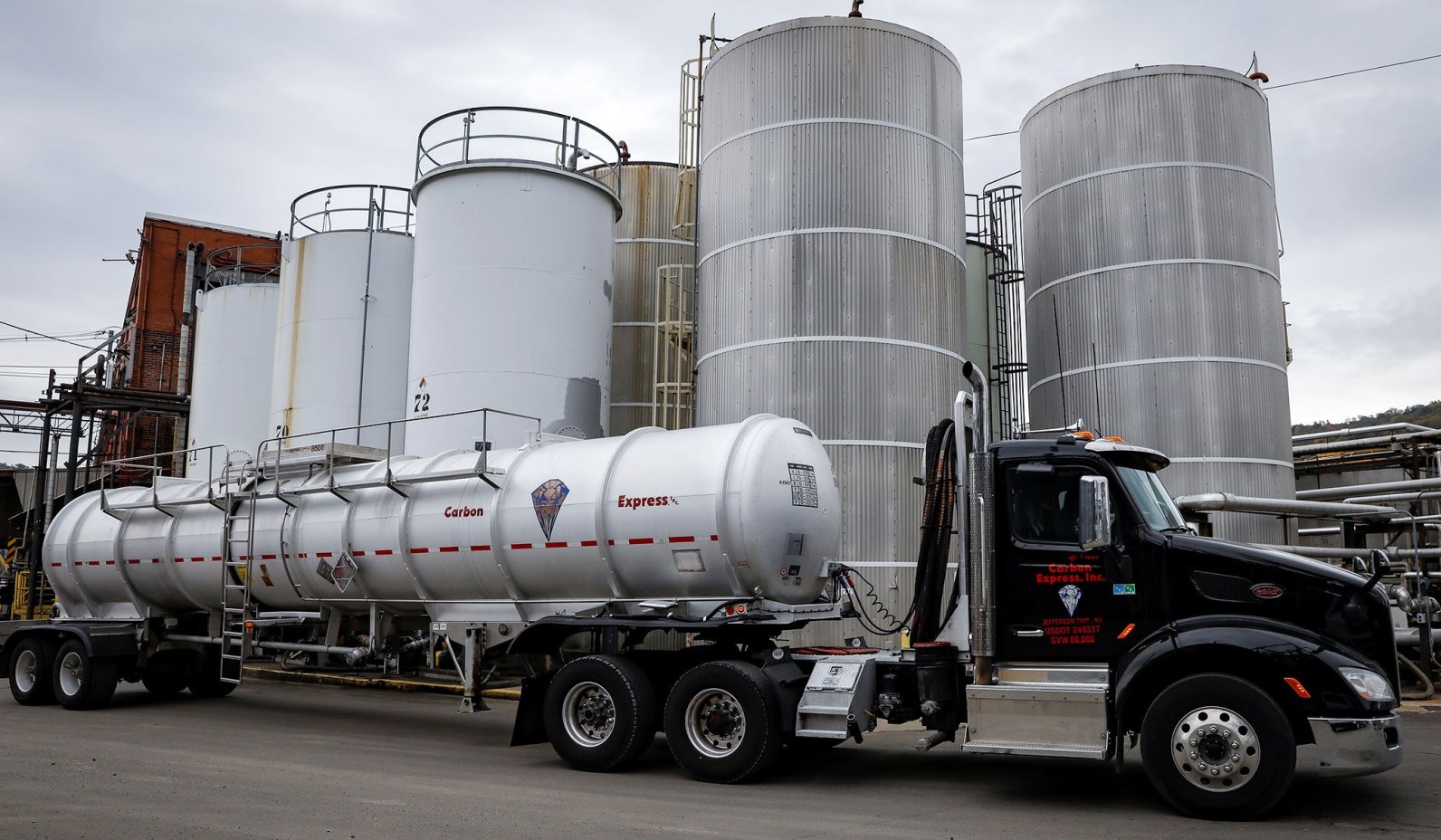
When climate activists use the term “environmental justice,” they mean it literally. Rather than legislating and passing laws (as is customary in a constitutional republic), they’ve turned to the courts to fight their quixotic battles.
Pennsylvania is no stranger to litigating climate-related policies.
The Keystone State’s history with the Regional Greenhouse Gas Initiative (RGGI), for example, has been nothing but litigious. The legal battle began when Governor Tom Wolf unconstitutionally entered Pennsylvania into the multistate compact. A Commonwealth Court ruled that Wolf’s executive order constituted an illegal tax, but Wolf’s successor, Governor Josh Shapiro, appealed the decision, prolonging the legal limbo.
RGGI is part of a larger “sue-till-green” strategy sweeping the nation and gaining momentum in Pennsylvania. The strategy began to take shape in 2012, when the Climate Accountability Institute hosted a pivotal conference in La Jolla, Calif. The gathering discussed a new approach to climate activism, mirroring the campaign against Big Tobacco — but this time targeting the oil-and-gas industry.











